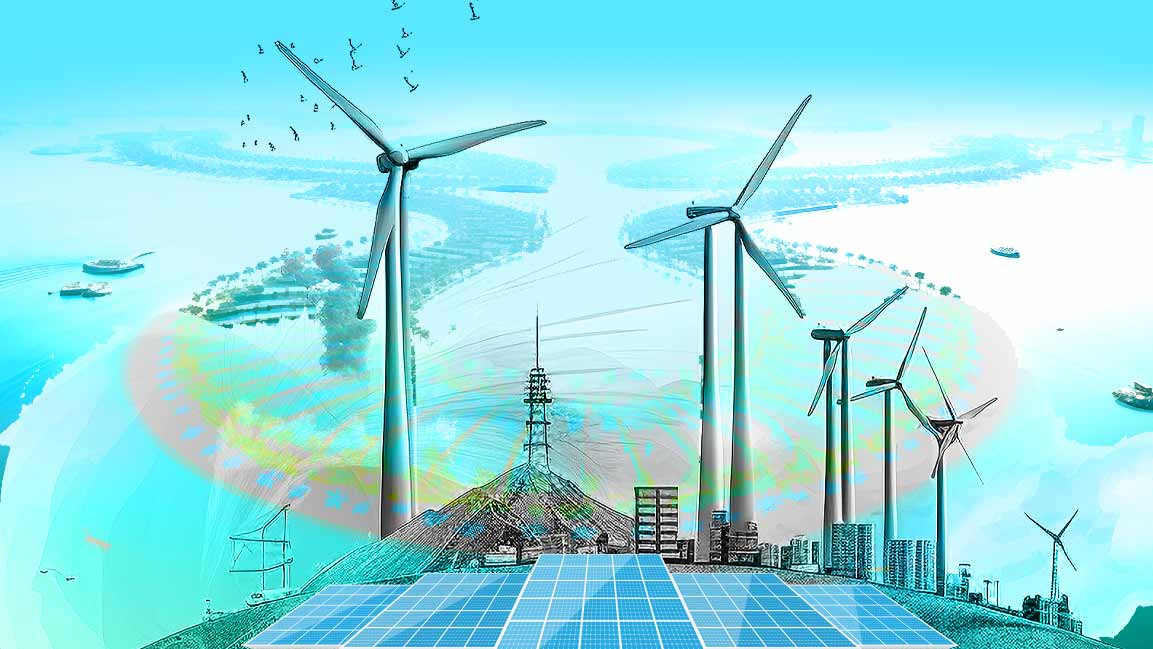- | 2:00 pm
Is negotiation on at COP28 for a fossil fuel phase-out?
Draft COP28 text includes fossil fuel phase out, and adds other options.

Now accepting applications for Fast Company Middle East’s Best Workplaces For Women 2023. Click here to register.
At COP28, the CEOs of several major energy firms argued in favor of oil and gas, highlighting their progress in areas such as cutting greenhouse gas methane. But recent research published this week showed global carbon dioxide emissions from burning fossil fuels are set to hit a record high this year, fuelling concerns that efforts to combat climate change are insufficient to avert its worst impacts.
Countries are expected to emit 36.8 billion metric tons of CO2 from fossil fuels in 2023, a 1.1% increase from last year. The year’s emissions trajectory pulls the world further away from preventing global warming from exceeding 1.5 degrees Celsius above pre-industrial times.
However, until now, COP28 has yet to come to common ground regarding the future of fossil fuels, but negotiators have been talking to settle the options and lay the ground for the trickiest issue on which to find agreement.
A draft text was published by the UN climate body and showed the possible outcomes for talks at the COP28 summit in Dubai — an “orderly and just” phase-out of fossil fuels.
The draft text for a COP28 final deal includes three options for dealing with fossil fuels.
The first is “an orderly and just phase-out”. In UN parlance, the word “just” suggests wealthy nations with a long history of burning fossil fuels would phase out faster than others.
The second calls for “accelerating efforts towards phasing out unabated fossil fuels”. And a third would be to avoid mentioning a phase-out at all.
The draft text also includes language calling for the scaling up of carbon capture technology, which is likely to draw pushback from some countries worried such nascent technologies are being used to justify the continued use of fossil fuels.
































